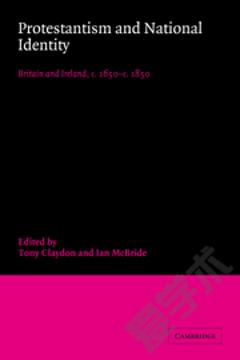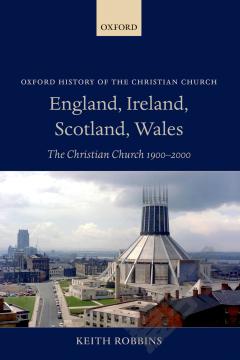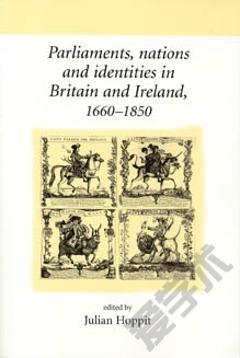The National Churches of England, Ireland, and Scotland 1801-46
In 1801, the United Kingdom was a semi-confessional State, and the national established Churches of England, Ireland and Scotland were vital to the constitution. They expressed the religious conscience of the State and served as guardians of the faith. Through their parish structures, they provided religious and moral instruction, and rituals for common living. This book explores the struggle to strengthen the influence of the national Churches in the first half of the nineteenth century. For many, the national Churches would help form the United Kingdom into a single Protestant nation-state, with shared beliefs, values and a sense of national mission. Between 1801 and 1825, the State invested heavily in the national Churches. But during the 1830s the growth of Catholic nationalism in Ireland and the emergence of liberalism in Britain thwarted the efforts to unify the nation around the established Churches. Within the national Churches themselves, moreover, voices began calling for independence from the State connection - leading to the Oxford Movement in England and the Disruption of the Church of Scotland.
{{comment.content}}








 京公网安备 11010802027623号
京公网安备 11010802027623号